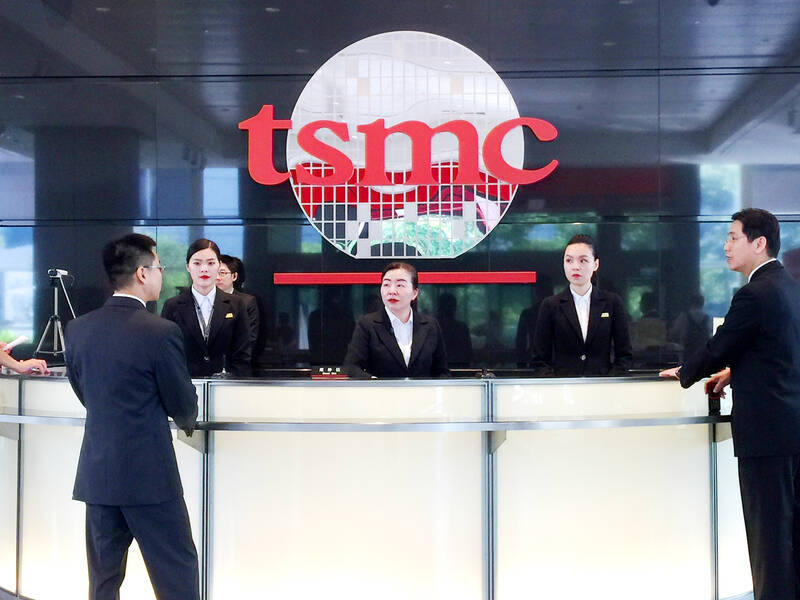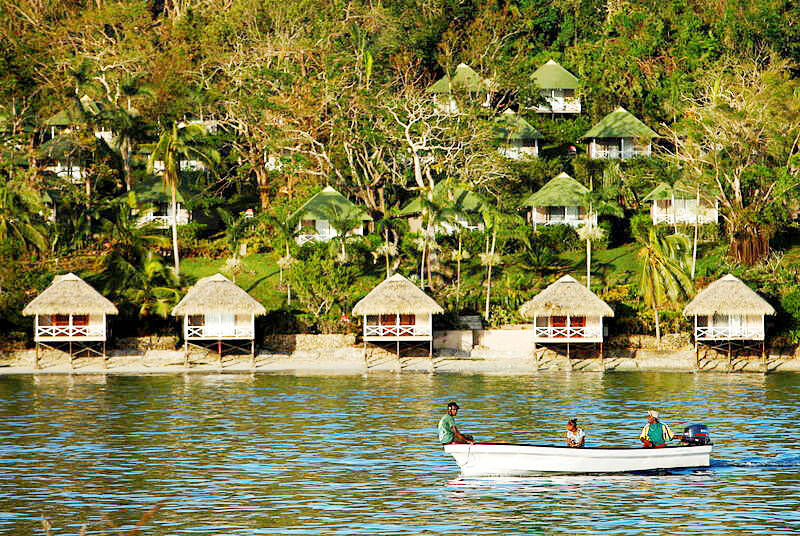The slashing of the government’s proposed budget by the two China-aligned parties in the legislature, the Chinese Nationalist Party (KMT) and Taiwan People’s Party (TPP), has apparently resulted in blowback from the US. On the recent junket to US President Donald Trump’s inauguration, KMT legislators reported that they were confronted by US officials and congressmen angered at the cuts to the defense budget.
The United Daily News (UDN), the longtime KMT party paper, now KMT-aligned media, responded to US anger by blaming the foreign media. Its regular column, the Cold Eye Collection (冷眼集), attacked the international media last month in a piece by Cheng Chia-wen (程嘉文) entitled “Foreign Media and Domestic Sales: Who is Manipulating Fake Issues?” (外媒內銷 誰在操作假議題). Cheng contended that the idea that international media being concerned about the impact of the budget freeze on military purchases is a “deliberately fake issue.”
UDN’s treatment of the topic was the usual compendium of evasions and misdirections, but it illustrates how concerned the KMT is about even a little foreign pressure, and how, for the local political scene, foreign eyes validate.

Photo: Hung You-fang, Taipei Times
The KMT and TPP knew perfectly well how the budget cuts and freezes would look in Washington. President Trump complained about the lack of Taiwan military spending on the campaign trail, as have many of his appointees. Still, the legislators pressed for progress on the double taxation agreement with the US, though they had failed to raise defense spending in response to US wishes.
TARIFFS AND DEFENSE
Yet, despite the defense spending issues, or perhaps because of them, Trump last month announced the possibility of tariffs on Taiwan Semiconductor Manufacturing Co (TSMC) products. Apparently the Trump Administration hasn’t grasped the idea that reducing TSMC’s revenues — and hence its tax payments — will reduce the ability of Taiwan to spend money on defense.

Photo: Reuters
TSMC, a large chunk of which is owned by the government, will likely require government funding to support its production if the tariffs hit it hard, again reducing the government’s ability to spend on defense. Indeed, late last week the government was exploring this possibility. The Taipei Times last month quoted Premier Cho Jung-tai (卓榮泰) promising that the government would begin “looking at possible ways of assisting the semiconductor industry and having more collaborative projects with it in a couple of days.”
Trump’s tariff threats assumed greater importance with the release of the allegedly low-cost AI model Deepseek by a firm from the People’s Republic of China (PRC). While the hype is probably the usual case of the PRC attempting to manipulate investors and market observers, Deepseek did spark Jeremy Chang (張智程), chief executive officer of the National Science and Technology Council’s Research Institute for Democracy, Society and Emerging Technology, to observe on Facebook that “Taiwan, Japan and South Korea, the world’s leading chipmakers, would gain greater strategic value to Washington, even beyond what their position in the first island chain affords them.”
Tariffs on Taiwan and South Korea are exactly what the US should not be doing, if it wishes to maintain its computing lead.
UNRELIABLE US?
As many observers remarked, in Taiwan Trump’s tariff threats simply make the US look unreliable and unwilling to care about Taiwan’s interests. They could only serve to increase local distrust of the US, and validate the claim by the PRC’s servants in Taiwan — the KMT and TPP — that the US cannot be relied on in the event of a PRC invasion.
Many will begin to ponder whether Taiwan would indeed be better off in Beijing’s orbit, a notion that the PRC daily stimulates with its growing influence over social media and its disinformation campaigns. Putting tariffs on TSMC will also cause it to reconsider the US as a market, perhaps pushing it towards greater involvement with the PRC. Recall that the tariff threat comes on the heels of massive TSMC investments in chip fabs in the US.
Thoughtful Taiwanese will also observe that Trump promised to put tariffs on pharmaceuticals. The threat was aimed at Japan, a major player in that market. Tariffs targeting South Korea and Japan are very bad for Taiwan, since Taiwan cannot resist a PRC invasion without them. The same economic and political logic applies — if the Trump Administration genuinely wants its allies to spend more, why make their economies take a hit?
Trump last month also pulled the US out of the Paris Agreement, the international climate treaty, claiming that it was bad for the economy, as he had in his first term (Joe Biden re-entered it in 2021). The Trump Administration’s aggressive dismantling of efforts to fight climate change may play well with its base, but the Pacific Island nations whose friendship Taiwan needs are most immediately impacted by human heating of the climate. The PRC, the world’s leading supplier of renewable energy technology, has been seeking influence over those states, in its campaigns to isolate Japan, Taiwan and Australia from the Pacific. Where will those small island states turn for leadership?
PRC TARIFF THREATS SHRINK
Note that in this swirl of chaos Trump’s promises to target the PRC with tariffs have vanished. Already his promise that he would hit the PRC with 60 percent tariffs has been memory-holed. Instead, the administration has slapped a 10 percent tariff on Beijing.
During the campaign there were numerous articles in the international media on how Trump was going to confront China. For example, in November Bloomberg observed of Trump’s coming crusade against Beijing: “The expected appointment of Marco Rubio as secretary of state and the naming of combat veteran Mike Waltz to the post of national security adviser and Elise Stefanik as US ambassador to the United Nations leave little room for doubt.”
His campaign was marked by constant attacks on the PRC. He repeatedly accused the PRC of hollowing out the US industrial base, deliberately shipping in fentanyl to poison Americans and causing the COVID-19 pandemic.
Indeed, in a piece last month American Enterprise Institute scholar Derek Scissors argued that Trump’s about-face on the PRC and tariffs on American allies can only help Beijing. Scissors wrote that increasing tariffs on US allied states will help Beijing by making its goods relatively cheaper, increasing America’s deficit with the PRC.
“We can cut imports sent directly from China, plus those routed through other countries, without inflation. Or we can let China keep our jobs, and tax our friends so their jobs go to China too. We know which one President Trump used to want,” he wrote.
Mao once remarked: “Everything under heaven is chaos, the situation is excellent” (天下大亂情勢大好). This seems to be the modus operandi of the Trump Administration.
It isn’t shaping up to be good for Taiwan.
Notes from Central Taiwan is a column written by long-term resident Michael Turton, who provides incisive commentary informed by three decades of living in and writing about his adoptive country. The views expressed here are his own.

On a hillside overlooking Taichung are the remains of a village that never was. Half-formed houses abandoned by investors are slowly succumbing to the elements. Empty, save for the occasional explorer. Taiwan is full of these places. Factories, malls, hospitals, amusement parks, breweries, housing — all facing an unplanned but inevitable obsolescence. Urbex, short for urban exploration, is the practice of exploring and often photographing abandoned and derelict buildings. Many urban explorers choose not to disclose the locations of the sites, as a way of preserving the structures and preventing vandalism or looting. For artist and professor at NTNU and Taipei

March 10 to March 16 Although it failed to become popular, March of the Black Cats (烏貓進行曲) was the first Taiwanese record to have “pop song” printed on the label. Released in March 1929 under Eagle Records, a subsidiary of the Japanese-owned Columbia Records, the Hoklo (commonly known as Taiwanese) lyrics followed the traditional seven characters per verse of Taiwanese opera, but the instrumentation was Western, performed by Eagle’s in-house orchestra. The singer was entertainer Chiu-chan (秋蟾). In fact, a cover of a Xiamen folk song by Chiu-chan released around the same time, Plum Widow Missing Her Husband (雪梅思君), enjoyed more

Last week Elbridge Colby, US President Donald Trump’s nominee for under secretary of defense for policy, a key advisory position, said in his Senate confirmation hearing that Taiwan defense spending should be 10 percent of GDP “at least something in that ballpark, really focused on their defense.” He added: “So we need to properly incentivize them.” Much commentary focused on the 10 percent figure, and rightly so. Colby is not wrong in one respect — Taiwan does need to spend more. But the steady escalation in the proportion of GDP from 3 percent to 5 percent to 10 percent that advocates

From insomniacs to party-goers, doting couples, tired paramedics and Johannesburg’s golden youth, The Pantry, a petrol station doubling as a gourmet deli, has become unmissable on the nightlife scene of South Africa’s biggest city. Open 24 hours a day, the establishment which opened three years ago is a haven for revelers looking for a midnight snack to sober up after the bars and nightclubs close at 2am or 5am. “Believe me, we see it all here,” sighs a cashier. Before the curtains open on Johannesburg’s infamous party scene, the evening gets off to a gentle start. On a Friday at around 6pm,